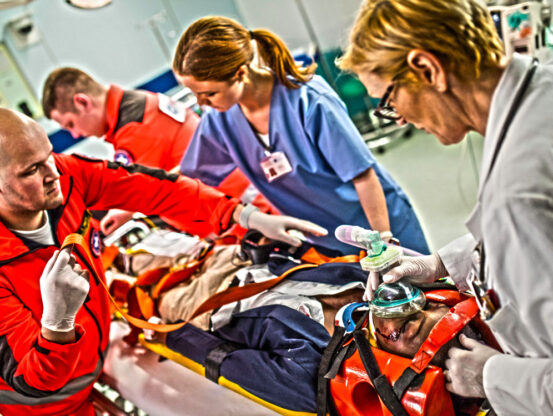
13 Sep, 2016
Turbulence Causes a Wave of Injuries for Flight AttendantsRecent reports reveal that severe turbulence has been responsible for a wave of injuries involving…

As emergency responders, paramedics respond to calls at private homes, businesses, street intersections and numerous other locations. Day or night, rain or shine, they might be called upon to work indoors, outdoors and inside ambulances.
Saving lives is risky
According to a presentation from the National Association of State EMS Officials’ 2009 mid year meeting, EMS workers, including paramedics, are six times more likely to contract a serious illness, such as HIV, or to be injured at work, than employees in other occupations. This is, in large part, due to the nature of the job. Paramedics’ work is physically strenuous, stressful and exposes them to a number of risks. Some of the risks that paramedics face in Illinois and elsewhere include:
In addition to injuries and illnesses, paramedics also run the risk of developing psychological conditions. It is not uncommon for emergency medical professionals to experience intense psychological stress. There are cases where paramedics develop post-traumatic stress disorder as a result of a severe trauma they endure on the job. Some paramedics may be affected by shift work syndrome because of their irregular, and often extended, workdays.
Reducing the risks
While there is no way to completely eliminate all of the potential hazards that paramedics face in Illinois and other states, there are things that can be done to reduce paramedics’ risks for injuries or illnesses. Always following safety procedures and protocols, such as wearing gloves, is one of the best ways for a paramedic to decrease the dangers in his or her job. It is also important for paramedics to be aware of their surroundings. Regularly washing hands to reduce the risk of infections and staying physically fit also tend to be helpful.